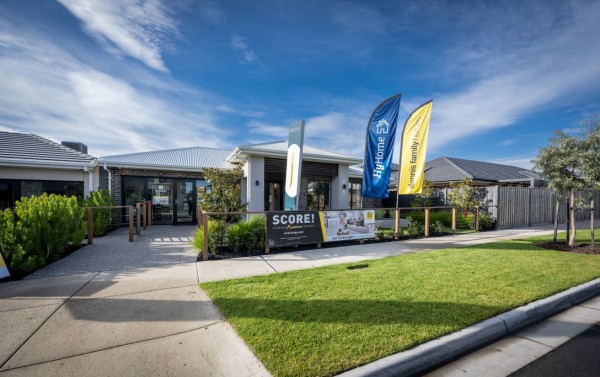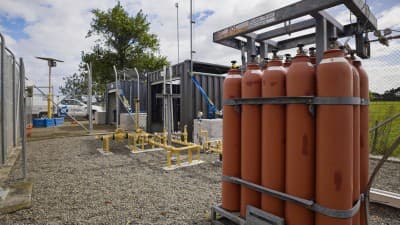Safe, reliable, affordable and sustainable – that’s the dream for renewable energy. Green hydrogen can help to deliver that dream for Australia, according to new research by the Australian Hydrogen Centre.
Renewable hydrogen provides an economically feasible pathway for Australia to reach a low-emissions future, it says. By using existing gas distribution networks, emissions-free gas can be delivered to Australian homes and businesses, allowing for a cost-effective transition to a net carbon zero energy supply.
“We have always said there is no single solution to the enormous task of decarbonising our homes and businesses – and we need more options, not fewer, to give us the greatest chance of achieving Australia’s emissions reduction targets while also maintaining the security, reliability and diversity of energy supply the community expects,” says Craig de Laine, CEO of the Australian Gas Infrastructure Group (AGIG), a founding member of the Australian Hydrogen Centre.
Moving toward a 100% green hydrogen gas supply
The report forecasts a feasible path for scaled hydrogen distribution that delivers:
- A net zero carbon emissions gas network
- Secure and flexible gas with minimal customer disruption
- 30 gigawatts (GW) of new green electricity generation, supporting 15GW of electrolysis
- 30 petajoules of hydrogen storage to balance the system and meet periods of peak use
The Australian Hydrogen Centre says that by the 2030s it could achieve state-wide blending, of 10% green hydrogen into the gas networks. And from 2035 onwards, it forecasts hydrogen projects ramping up, section by section, reaching the point where 100% conversion to hydrogen is achieved.
“In the longer term, the transition to renewable hydrogen can deliver significant economic dividends as the cost of production decreases,” de Laine says. “Using existing technology to produce and supply 100% hydrogen can result in stable energy bills similar to projections of customer bills from 2021, excluding any cost of carbon or technology breakthroughs, which would put additional downward pressure on costs.”
If the industry could achieve the full 100% hydrogen in networks, the benefits to local economies could be significant. Victoria and South Australia could add an estimated $1.53 billion in economic value each year during the construction of a full hydrogen supply network, including creating 12,509 new jobs. Once operational, the ongoing annual value to the local economies is estimated at $1.17 billion, including 6,625 new jobs. Read the full report here:
4,000 happy gas customers at HyPark

Source: Hydrogen Park South Australia. Not an actual representation of a Clarus business.
Renewable hydrogen is already successfully in use in Australia, at the Hydrogen Park South Australia (HyPark SA) facility. Around 4,000 residential AGIG customers are using a gas supply comprised of 10% green hydrogen blended into the natural gas. The results have been promising, with nearly 6,500kg of carbon dioxide emissions abated since the project began in May 2021, and expanded in March 2023.
Customer experience has been positive: in a survey of those receiving the blended gas, 100% said the safe delivery of gas to their home was either the same or better since starting the trial. The project has won five key international and Australian awards for innovation, and more than 3,000 people have visited HyPark to see the technology in action.
The next step is to expand gas blending to nearby households, with 5% green hydrogen to be delivered to another 3,000 customers in Mitchell Park, Clovelly Park, and parts of Marion.
Working toward blended hydrogen in New Zealand
Firstgas has been working to further investigate and plan for New Zealand’s first hydrogen blend trial using an existing natural gas network later in 2024. While it is reassuring to see that renewable hydrogen is already successfully in use in Australia, here in New Zealand we still have a way to go before a hydrogen blend solution is available for Kiwi households and businesses.
To learn more about how Clarus is supporting the transition to a net carbon neutral New Zealand, visit www.clarus.co.nz/future-of-energy.





